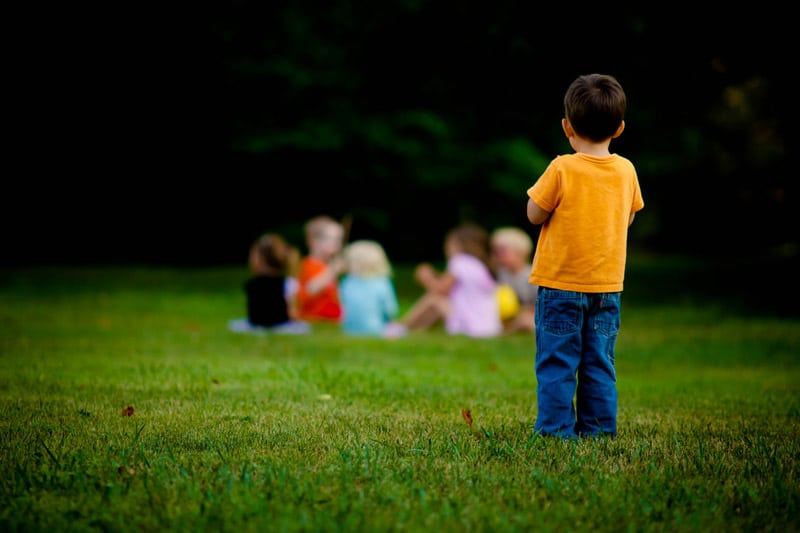
(Image: charamelody)
When I was a small child, there was a point when I thought I was going blind. I accidentally got soap into my eyes while showering and my eyes stung and smarted after that. I thought that the smarting would stop after I finished showering, but it didn’t. In fact, it became worse.
As a little kid, I was freaked out. I thought that I was going to lose my sight and become blind for the rest of my life.
Frantic, I bugged my mom, who was doing laundry then. I wanted her to take a look and assess the condition of my eyes. I wanted my mom to dash in, swoop me up (metaphorically), and let me know that I would be fine. I wanted my mom. I needed my mom.
So I tugged at her shirt to get her attention. “Mama, there’s something in my eyes,” I said. “Mama, there’s something in my eyes,” I repeated.
Alas, her response was not what I had hoped for. Instead of caring over me in a delicate, nurturing manner, my mom snapped at me in a highly agitated tone.
“Stop disturbing me! Can’t you see that I’m very busy? Come and bother me later, alright?” she bellowed at me in Chinese as she tried to shake me off.
I was crushed. As a little child, I could not believe that my mom would tell me that at a moment when I really needed her. There I was, looking to her for love and support at one of the scariest points of my life up till then, and there she was, refusing to acknowledge my cry for help.
My eyes turned out fine but my sense of self-worth, not so much.
That incident, along with years and years of the same behavior from my mom to me, instilled a subconscious belief that I was an unimportant person, not worthy of attention. I didn’t know it then, but it marked the starting point in my life where I would think of myself as unimportant (often subconsciously rather than consciously).
One of the key beliefs I took away then was, “I’m not important.” My thinking was, if I was so unimportant to my mom, the most important person in my life (at that point), then how important could I be to anyone else? And if my sight, which I regarded as my most important sense then, could not even stack up against something as trivial as laundry, then what could ever be important about me?
I grew up having issues with being ignored, regardless of whether someone was doing that or not. I grew up doubting my value in others’ eyes, often concluding that people didn’t find me important enough if they didn’t respond to my correspondences or requests for help.
Childhood Stories
I just shared my story of how I came to have issues with being ignored and doubt my worth in others’ eyes. However, what I really want to talk about today is childhood stories.
What are childhood stories? It is a term I use to refer to events that happened to us when we were a child, that became etched into our consciousness and formed part of our self-identity.
All of us have childhood stories. They can be…
- monumental events that shook your world when you were young, such as when your parents divorced or when your father left the family;
- one-off incidents, such as a time when you were scolded for something you didn’t do or when you were backstabbed by your best friend; or
- a negative period in your life, such when you were bullied in school, a painful childhood where you were badly treated by your family, or an abusive relationship.

(Image: Patrick Breitenbach)
While I use the word “childhood,” childhood stories are not limited to our childhood. They can come from our teenage or adult years too. The reason I use the word “childhood” is that our childhood years are often the most formative years of our lives and the period when we are the most impressionable. It is said that most of our life scripts are formed by the time we are five or six.[1]
Why Understand Our Childhood Stories?
It is important to be aware of our childhood stories, because they can replay themselves over and over in our lives without us realizing it.
For example, for the longest time up until my late 20s, I had serious hang-ups with being ignored. If I sent a message to someone (such as with a request for help) and it didn’t get replied to after a while, I would feel annoyed.
Why is this person not responding? I would think. Doesn’t he/she know it’s very rude to ignore others? I would wonder if I wasn’t important enough for the person to type a reply, or if there was something wrong with me. I would wonder if the person would have replied if I were someone else. I would then conclude that I, or my message, wasn’t important enough to the person, and that I should focus my energy elsewhere.
While my next step to focus my energy elsewhere was correct, my self-doubts were unnecessary.
Firstly, my conclusion could be totally wrong. Maybe the person was just really busy, they missed my message, or the message got lost. Secondly, there is no obligation for anyone to reply to me, unless they are my family or there is some existing work relationship or commitment between us, which wasn’t the case. Thirdly, if someone didn’t reply because they didn’t regard me as important, then it really doesn’t matter what they think — I should just focus on other people vs. someone who doesn’t see my worth.
After going through the same thinking pattern for years, I started to suspect that there was something else going on. As I reflected on the situation, I realized that my hang-ups with being ignored could be traced back to my childhood story that I shared at the start — when my mom ignored my needs — and I was replaying this story over and over in my mind. Whenever someone failed to respond to a correspondence of importance to me, I would think “I’m not important (enough),” just like how I thought “I’m not important” when my mom ignored my needs as a child.
I was repeating the same thoughts whenever a similar event occurred — even when there was no relation between the two events, even when my conclusion was way off base.
Realizing this helped me to see the childhood story as what it was and untangle my old story from my present, hence stopping it from replaying itself. And I share how to do so below.
What Are Your Childhood Stories? Five Steps To Unchain Your Past From Your Present
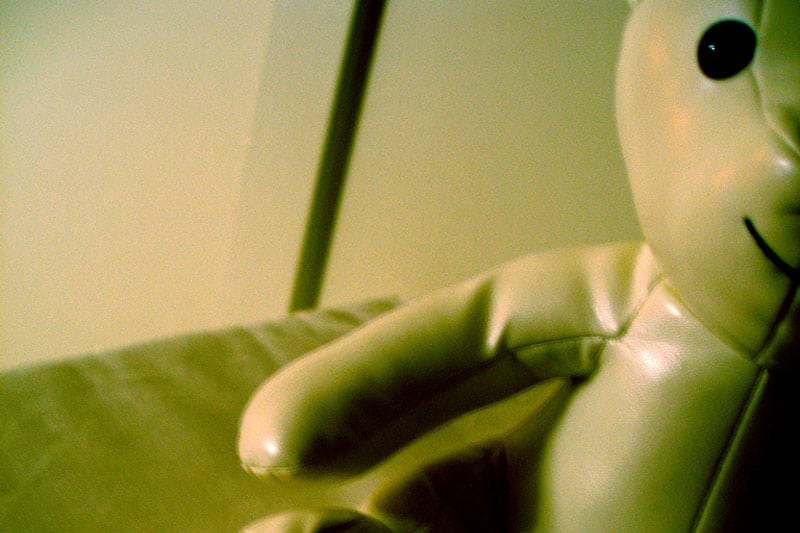
(Image: Sarah K)
To create a future that’s independent of the past (in terms of our internal stories), we need to unchain our past from our present. To do so, we need to dig into and understand our childhood stories, identify the beliefs we formed then, and correct them to reflect what actually happened.
Here are my five steps to do so.
Step 1: Identify a childhood incident that left an impression on you
This can be a one-off event, e.g., when your mom hit you, when you let your team down in a sports event, when you fared poorly in your school leaving examination, or when your parents separated. It can be a series of events that happened over a period, e.g., you were bullied in school or you were in an abusive relationship.
Step 2: What beliefs did you form as a result of it?
For example:
- Being hit by your mom. Conclusion: “My mom hates me even though I’m her child. I’m undeserving of love.”
- Letting your team down in a school sports relay. Conclusion: “I’m talentless in sports. I’m a burden in whatever sports activities I join. I should not join anymore sports activities.”
- Faring poorly in your school leaving examination. Conclusion: “Everyone is able to get into his/her desired college but me. I’m a failure.”
- When your parents separated. Conclusion: “I’m the reason my parents broke up. I’m a burden to others.”
- When you were bullied in school. Conclusion: “I’m worthless. Nobody likes me.”
- When you were in an abusive relationship. Conclusion: “I’m undeserving of love. Nobody loves me.”
Step 3: Have you been replaying this childhood story?
Review your life since that incident. Do you think this way in any part of your life? If yes, how so? It’s highly likely that you have been replaying this childhood story in some parts of your life.
In my case, I continuously replayed my childhood story, thinking “I’m not important enough” whenever my correspondences went unanswered. My negative thoughts were coming from my childhood story, rather than the current incidents. I was damaging my psyche every time I repeated this thinking pattern.
Some other examples:
- Someone who was bullied by his/her family members as a child may replay this story by being with partners who ill-treat him/her, thinking “Nobody loves me.”
- Someone who thinks “I’m a burden to others” may replay this story by being afraid to get close to others and staying single.
- Someone who once let his/her team down in a sports event may replay this story by never joining any sports activities, thinking that he/she is simply not good in sports.
Step 4: Are these beliefs true? Challenge them.
- For the beliefs you formed as a child, are they true?
- Even if they were true for that event, are they true 100% of the time, across all situations?
Chances are, you will find that these beliefs are not true at all. They are likely erroneous beliefs that you formed when you were a child, during the moment when the incident happened.
For example, a key belief I formed in my childhood story was “I’m not important.” However, is it true?
While my mom shouted at me and told me to stop disturbing her, and did this throughout my childhood, it doesn’t mean that I’m not important. I realized later in my life that she was emotionally unavailable as my mother, and was toxic in many of the ways she parented me (as with many parenting methods in the traditional Chinese culture).
Additionally, I realized that my mom was constantly angry throughout my childhood and even when I became an adult. This was likely due to her own childhood upbringing and personality, but it was not due to what I did as a child. While I took this personally as a child, I now know that her reaction wasn’t about me, but about her and her own personal issues.
Whatever my mom did or said in no way reflects my worth as a person. In reality, I’m important, just like any other person. While I had thought “I’m not important,” this isn’t true and it was an erroneous belief that I formed at that point, because of my limited understanding of my mom and what was going on.
Step 5: Rewrite your childhood story
This final step is easy once you recognize that the beliefs you formed from that childhood event were wrong all along (as per Step 4). It’s then about consciously letting go of the false beliefs and rewriting the story to reflect what actually happened.
For example, my original childhood story was “My mom shouted at me when I hurt my eyes and needed help because ‘I’m not important.’ ” This is false and incorrect.
My revised and updated story, i.e., what actually happened, is this: “My mom shouted at me when I hurt my eyes, because she was in the middle of doing laundry and she didn’t want to be disturbed. She is also often angry and agitated for reasons that have nothing to do with me. The truth is that I’m important as a person. I’m worthy as a person.”
In a different example, say someone has a childhood story that nobody loves her because her step-siblings kept bullying her when she was young. The belief she took away was, “Nobody loves me.” Upon doing Step 4, she realizes that this isn’t correct, that people do love her. The reason her step-siblings bullied her was because they were jealous of her good grades, and because their mother would give her more attention as the youngest child.
So her revised and updated story, i.e., what actually happened, could be this: “My step-siblings bullied me because they were just kids and they didn’t know the right way to behave. They were also jealous of me because of my academic results, and because mom would dote on me as the youngest child. The truth is that I’m loved by many people — my mother, my father, my best friends, and my colleagues. I’m worthy and deserving of love. My step-siblings’ behaviors reflected their childishness and immaturity, and not my worth as a person.”
Your Childhood Story
I shared my childhood story in this article. How about you? Do you have any childhood stories that have been replaying in your life? How so? What beliefs did you form during those events, and are they really true? Can you rewrite these stories to reflect what actually happened?
Related posts:

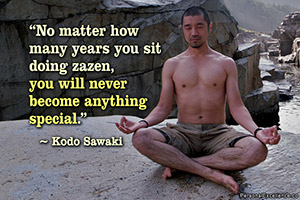
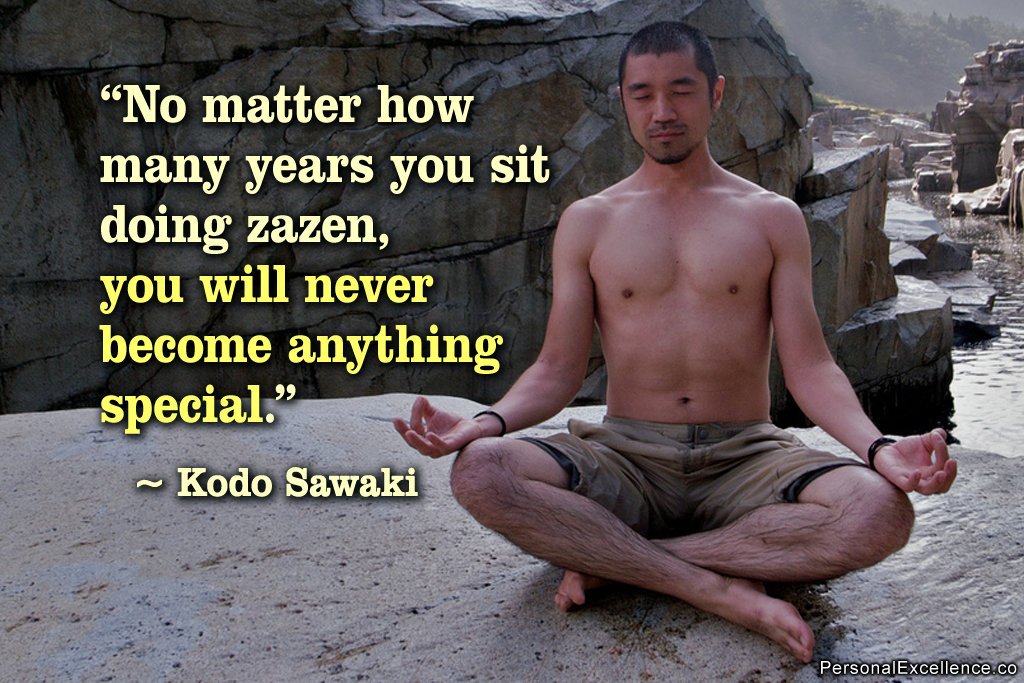




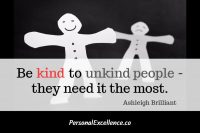
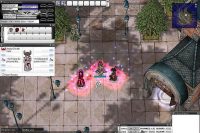
 Thanks for reading. If you like my free articles, join my private email list and get my latest updates and articles sent right to your inbox.
Thanks for reading. If you like my free articles, join my private email list and get my latest updates and articles sent right to your inbox.